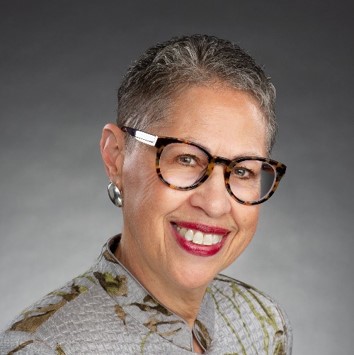
Innovation Council
Susan Wyndam Banister, PhD
Dr. Susan Windham-Bannister is a nationally and internationally recognized expert in innovation, market access and market optimization strategies. She is responsible for the launch strategies of numerous “blockbuster” ($1B in sales) therapeutics, vaccines and diagnostics. She currently serves as the President and CEO of Biomedical Growth Strategies, LLC, which leverages Susan’s experience as a business strategist and as the immediate past President and CEO of the Massachusetts Life Sciences Center (MLSC), managing a $1B investment fund created by Governor Deval Patrick in June 2008. She is the first African American in the U.S. to lead a life sciences-focused innovation fund of this scale.
As CEO of the MLSC, Susan was responsible for the Center’s investment strategy, brand management, organizational development and return on investment. She was a member of the Center’s Board of Directors and worked closely with Governor Deval Patrick. Since completing her tenure as President and CEO of the Massachusetts Life Sciences Initiative, Susan has been a strategic advisor to domestic and international life sciences companies and initiatives.
Before assuming her role at the MLSC, Susan was co-founder and Managing Partner of Abt Associates Bio-Pharma Solutions (ABS), a boutique firm serving life sciences companies. Her client base included Fortune 50 life sciences companies, large healthcare delivery systems and health plans and financial services companies. The Partners in ABS had a successful exit in 2008 with the sale of the company.
Susan received a B.A. from Wellesley College, a Doctorate in Health Policy and Management from the Florence Heller School at Brandeis University, a Doctor of Science from Worcester Polytechnic Institute (honoris causa) and a Doctor of Humane Letters from Brandeis University. She was a Post-Doctoral Fellow at Harvard University’s John F. Kennedy School and a Fellow in the Center for Science and Policy (CSAP) at Cambridge University, Cambridge, England. She completed her doctoral work under a fellowship from the Ford Foundation.
